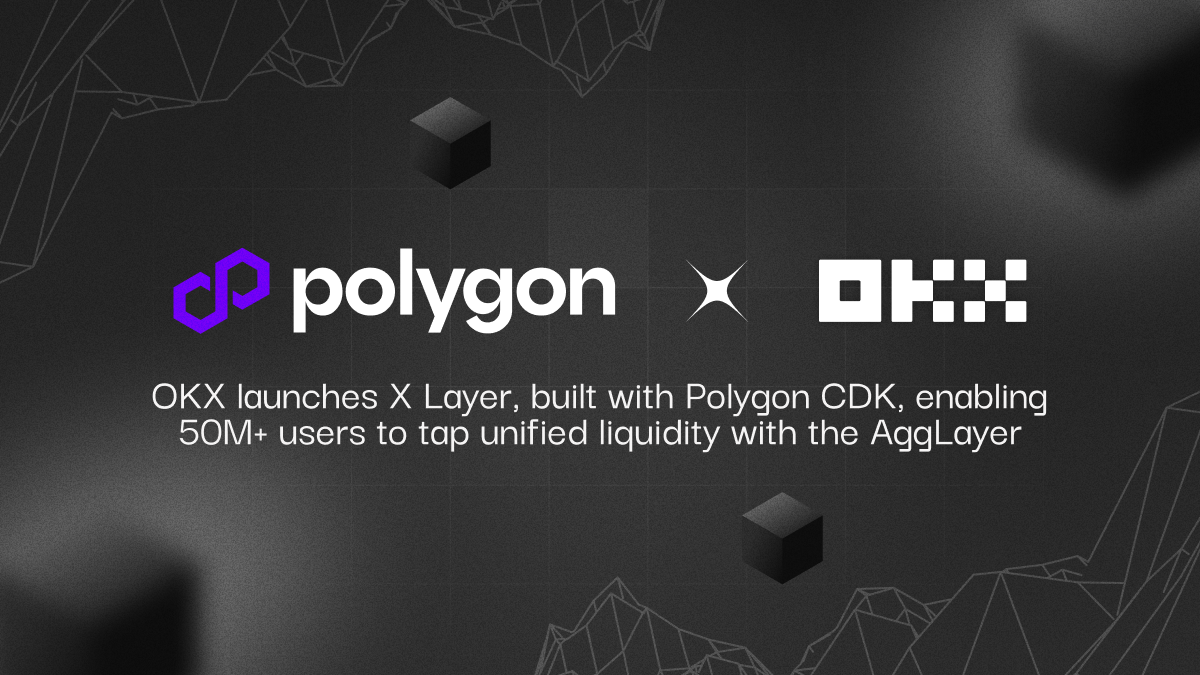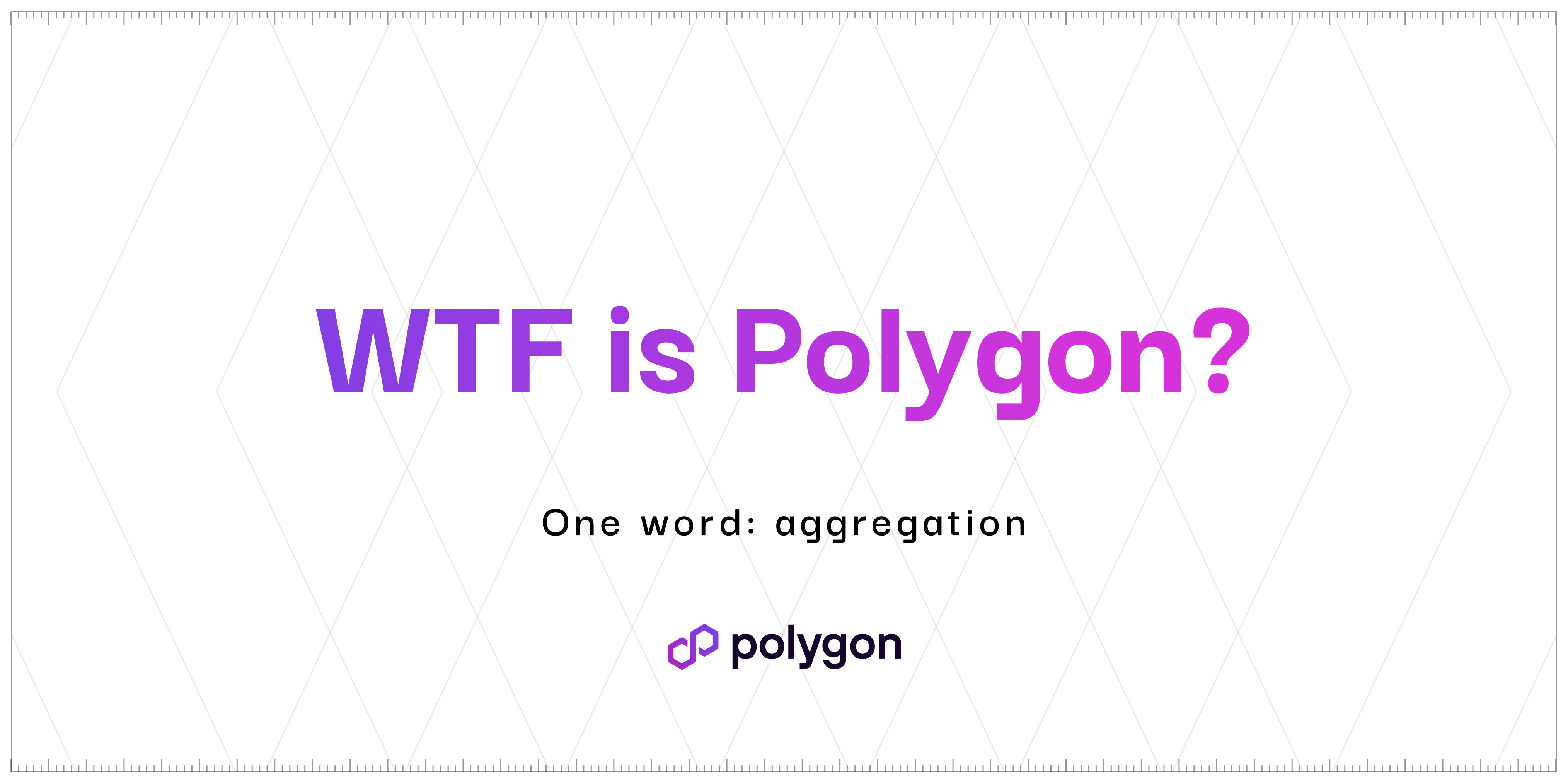Spotlight Quest, Polygon PoS Validators: Girnaar Nodes
On mass adoption, security, and enlightenment on the blockchain

This is the fifth and final installment of Spotlight Quest, Polygon PoS Validators, a new series featuring interviews with Polygon PoS validators. Learn what it takes to be a validator, deep-dive into coordination, and better get to know Polygon PoS. Then, for every interview, find the secret passphrase to unlock a mintable NFT on Galxe, with 1000 available to mint for each spotlight.
The first four traits have already been unlocked. As you read through the interview with Girnaar Nodes, keep your eye out for a secret password that will make you eligible to mint the next trait: Adventurer. Then head over to the Galxe campaign and mint today!
A quick note: there will be a special announcement on Christmas by the validators who’ve been involved in Spotlight Quest, relevant to readers who’ve undertaken this quest and minted the associated NFTs–stay tuned for more.
Girnaar Nodes, a Web3 infrastructure and development company–and a validator for the Polygon Proof-of-Stake (PoS) network–borrows its name from a mountain in Western India, rife with sacred temples and a history of enlightenment.
While Girnaar has become a sacred place where people travel for spiritual insights, Girnaar Nodes is becoming a destination for those who wish to experience decentralized technology. Spiritual enlightenment, meet technological freedom.
Girnaar Nodes not only runs or co-manages three validators on Polygon PoS, serving as a validator since 2021, but they are also building the technology to bring Web3 to the world.
In this conversation, they talk about what they’ve got cooking, why security matters, and their deep, sustained role in decentralized governance on Polygon PoS.
On their time as validators
Girnaar Nodes has been focused on the Polygon network and the Ethereum community since we began validating in 2021. Our experience has been excellent. The validator calls and community updates and forums are accessible and create the conditions for an intimate but robust community of people striving toward the same thing–a scalable, decentralized network.
From core researchers at Polygon Labs to other validators, it’s a real joy to collaborate with so many talented people to secure the network and help scale this technology. The entire community is super supportive in helping upcoming validators grow, which happens through a variety of different avenues: from informal meetups to formal programs like the Mumbai Testing Committee, and finally this Spotlight series. It really is a wonderful community.
On building the tools for mass adoption
It’s not really a secret that the UX problem is one of the biggest hurdles facing blockchain. Account abstraction (AA and ERC-4337) is one piece of the puzzle to help fix this problem. As proposed in ERC-4337, AA will simplify user experience, enabling traditional login interactions (like 2FA) by combining smart contract wallets that eliminate the need for seed phrases. We love how AA is revolutionizing user onboarding with social sign-on (no keys) and no gas (sponsored gas).
But one thing we noticed: because of the user intent layer, computation performed with a smart contract wallet (AA) is more expensive than that associated with a regular wallet. If you imagine a time when demand surges again, gas fees could spike, again, defeating the entire point of AA.
So we’re building a tool to reduce the costs associated with AA transactions. It’s still under construction, but you can check out the progress, here.
Also, soon, we’ll be releasing a closed alpha of a dashboard that can help users decide the best place to stake and contribute to network security. Stay tuned!
On their node setup and security practices
We have a multi-validator setup, running three validators across bare metals (Hetzner, Contabo, etc.) and the top-tier cloud providers such as GCP and AWS, as well as a mesh of sentries and separate monitoring infrastructure on top of it all. Along with this, we are members of the Mumbai Testing Committee, where we are fortunate to help test early software releases and upgrades. Across the board, for Polygon PoS, we now operate close to nine machines.
One internal joke is that, if we weren’t validators, we’d have careers as first responders. At any given moment, at least three people are on-call and able to handle an emergency. This extends from our security mindset: it is a cat and mouse game, where we have to be resilient and adaptive and continually prepared.
We follow enterprise-grade security practices, including basics such as SSH (secure shell) blocking, organization-level access policies, VPN, MFA, and more. For infrastructure security, we’ve developed a framework that has enabled us to support institutional staking. We’re excited to be working on implementing a key management service, and thinking ahead to the opportunities and challenges of Polygon 2.0.
On their excitement about the future of the Polygon ecosystem
As Polygon validators, we are excited for the future of this ecosystem. Anyone can come and deploy an L2 and take advantage of a dedicated chain, but at the same time ride the liquidity and interop of other chains– the best of all worlds. Restaking, supercharged. We’re super excited about this future interop world of L2 <> L2, and to leverage our background to help secure it.
Wow! The se_c_ret pas_sw_ord has been found! It is: enlightenment.
On their participation in decentralized governance
Not many people know this, but different validators contribute in different ways to better understanding how the decentralized network is performing, proposing changes to the network, what happens after client changes, and so forth.
As members of the Mumbai Testing Committee, we have helped test rollouts of changes to the client in varying deployments, looked for gaps in documentation, and reported our findings to the public. The idea is that with rough consensus, protocol changs can be validated and proposed for PIPs for a larger audience to give feedback on.
We like to participate in all network-wide protocol tests early, and think about these from multiple perspectives: tech, security, economic, stability, and growth. With an eye on governance and consensus forming, we have also helped onboard new projects for validators, like liquid staking with Lido and ethical MEV (maximal extractable value) with Fastlane.
All of which is to say: our experience so far in the Polygon network has been one where a wide array of stakeholders have come together to contribute to a more robust, scalable, and decentralized network, here for the long term goal of mass adoption.
***
Follow Girnaar Nodes on X (formerly Twitter) and tune into the blog and our social channels to keep up with updates about the Polygon ecosystem.
Together, we can build an equitable future for all through the mass adoption of Web3!
Website | Twitter | Developer Twitter | Forum | Telegram | Discord | Instagram | LinkedIn










.png)





.png)
